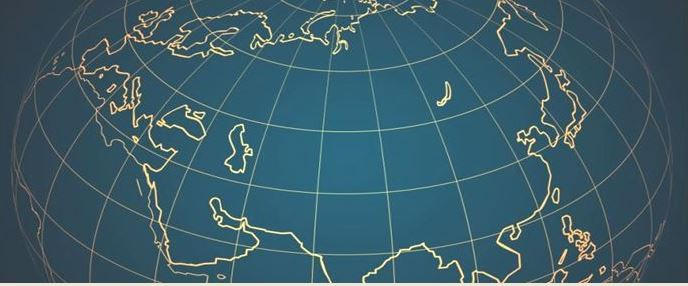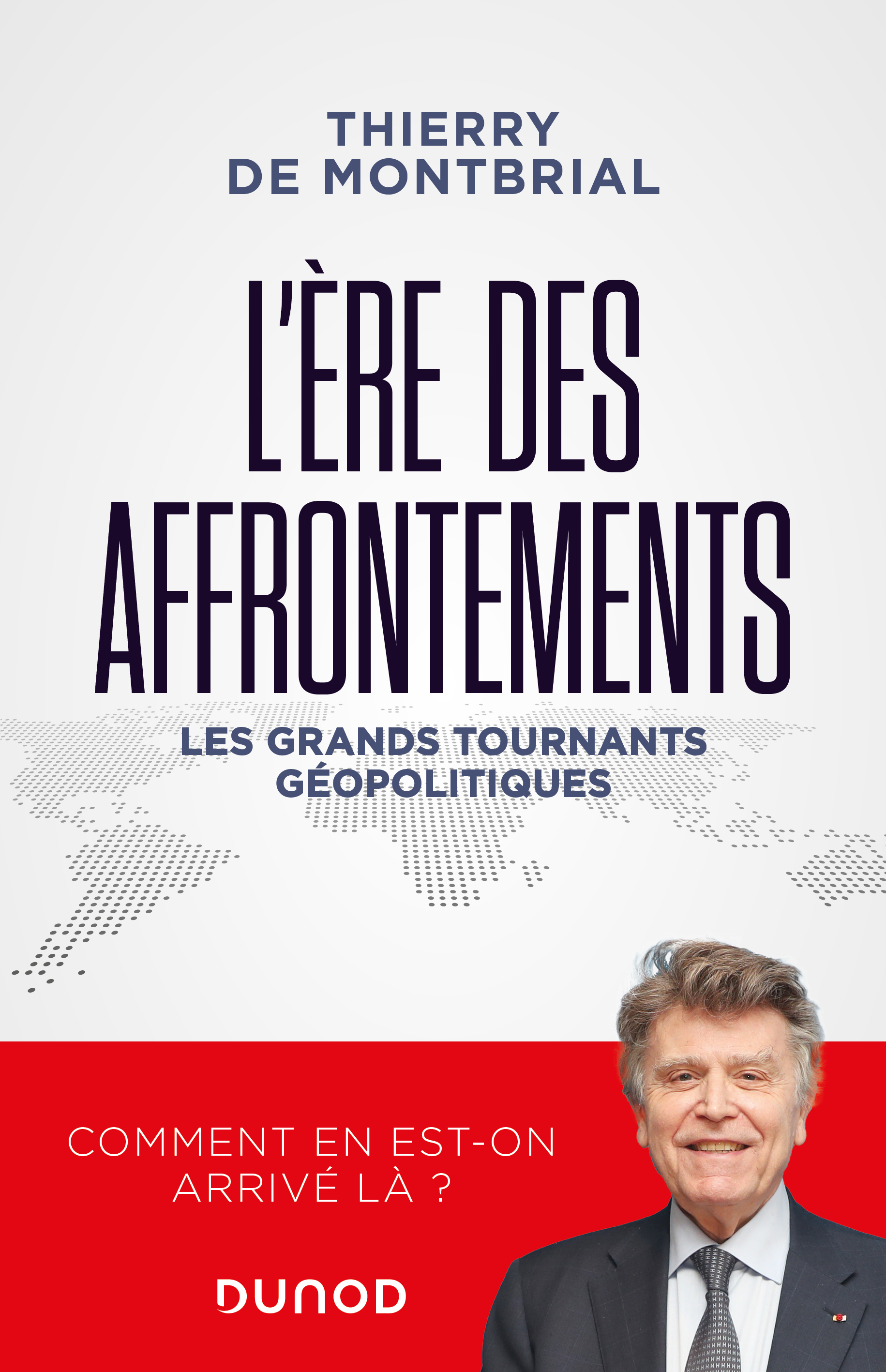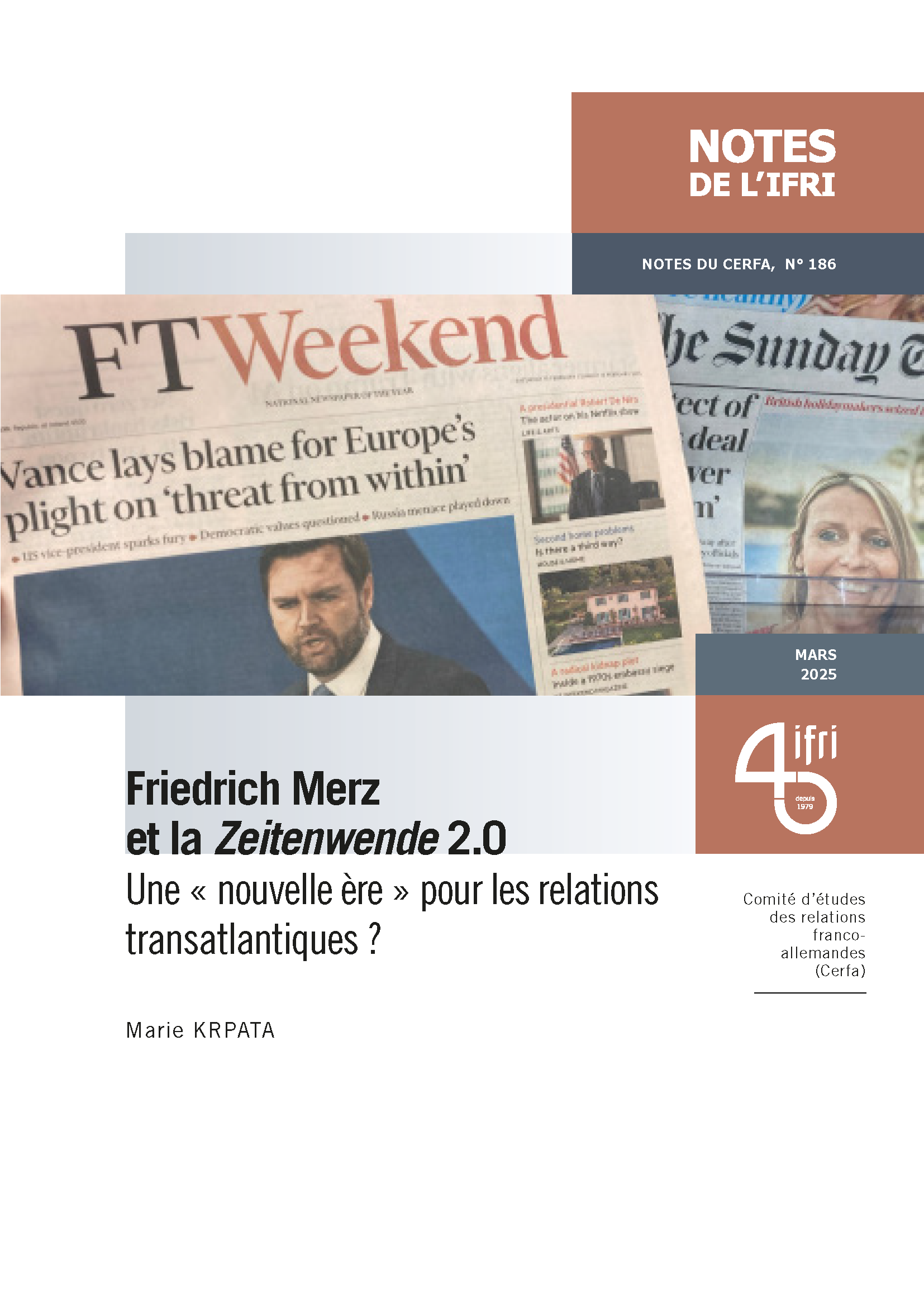Shaping Eurasia: What Convergence between China's New Silk Road and the Eurasian Union?

Informations pratiques
Thématiques et régions
Centres et programmes liés
Ceci est un événement réservé.
En savoir plus sur nos programmes de soutienAs geo-strategic and geo-economic balances evolve across the Eurasian continent, two initiatives – the Chinese-led “Silk Road Economic Belt” and the Eurasian Economic Union – promise to shape the region’s emerging geo-political landscape.

While agreements have been made at the political level to highlight the complementarities of these two strategies, areas of tension lie beneath the surface. In an effort to assess their ability to impact change at regional and global levels, this workshop will flesh out the details of both projects, analyze their underlying assumptions, and discuss where they converge and where they compete.
09:00 – 09:15 Welcoming remarks - Tatiana KASTOUEVA-JEAN, Head, Russia/NIS Center, Ifri
09:15 – 10:30 OBOR and the Eurasian Union: Interests and strategies of key actors
- Timofei BORDATCHEV, Director, Center for Comprehensive European and International Studies, National Research University–Higher School of Economics, Russia
- YANG Cheng, Associate Professor of International Relations, Deputy Director, Center for Russian Studies, School of Advanced International and Area Studies, East China Normal University
- Rakhim OSHAKBAYEV, Central Asia-Caucasus Institute Silk Road Studies Program, Kazakhstan
- Nicu POPESCU, Senior Analyst, European Union Institute for Strategic Studies (EUISS)
Chair: Françoise NICOLAS, Director, Center for Asian Studies, Ifri
10:30-10:45 Coffee break
10:45 – 12:30 What complementarities, what competition?
- Roundtable discussion with speakers from first session, commented and moderated by
Bobo LO, Associate Research Fellow with Ifri’s Russia/NIS Center
12:30 - 13:30 Lunch (by invitation only)
Sujets liés
Autres événements

Allemagne : un nouveau gouvernement face au changement d’époque
L’Allemagne se prépare à un changement de gouvernement imminent, et les négociations de coalition laissent présager des changements de politique significatifs.

Les nouveaux enjeux de la sécurité européenne en Ukraine et dans la région de la mer Noire
La sécurité en Europe a été massivement mise à l’épreuve en 2022 avec l’invasion de l’Ukraine par la Fédération de Russie. Trois ans plus tard, l’avenir de la sécurité européenne reste incertain dans cette partie du continent. L’Ukraine est toujours en guerre et l’insécurité régionale sur les rives de la mer Noire a atteint un nouveau point critique.

Trump 2 après 100 jours : changer l’ordre économique mondial « par la force » ?
Un brief de 30 minutes autour de Sébastien Jean, directeur associé de l'initiative géoéconomie et géofinance de l'Ifri.










